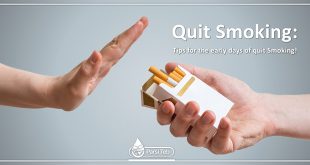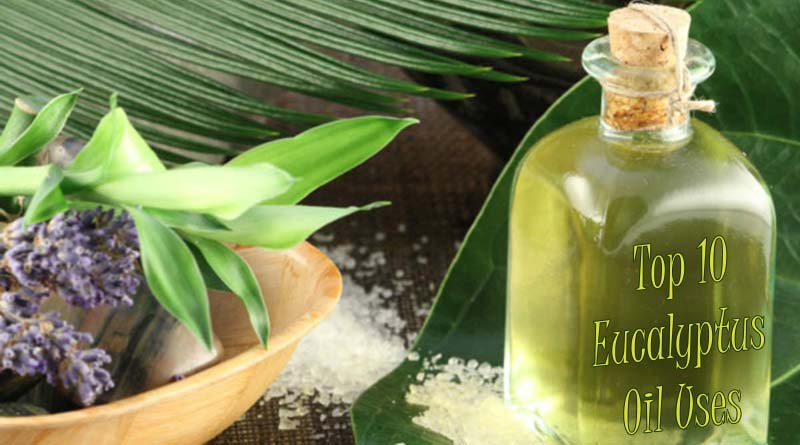Parsiteb welcomes guests from all over the world; free health counseling;
Welcome to the friendliest country on the earth. Iran is the jewel in Islam’s crown, combining glorious architecture with a warm-hearted welcome.
About Iran:
Iran is a county in southwest Asian, country of mountains and deserts.
Eastern Iran is dominated by a high plateau, with large salt flats and vast sand deserts.
The plateau is surrounded by even higher mountains, including the Zagros to the west and the Elburz to the north.
Its neighbors are
Turkmenistan, Azerbaijan and Armenia on the north,
Afghanistan and Pakistan on the east,
And Turkey and Iraq on the west.
Climate
The eastern and central basins are arid, with less than 200 mm (7.9 in) of rain, and have occasional deserts.
Average summer temperatures exceed 38 °C (100.4 °F).
The coastal plains of the Persian Gulf and Gulf of Oman in southern Iran have mild winters,
and very humid and hot summers.
The annual precipitation ranges from 135 to 355 mm (5.3 to 14.0 in).
Culture
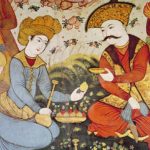 Iranian culture has long been a predominant culture of the Middle East and Central Asia, with Persian considered the language of intellectuals during much of the 2nd millennium, and the language of religion and the populace before that.
Iranian culture has long been a predominant culture of the Middle East and Central Asia, with Persian considered the language of intellectuals during much of the 2nd millennium, and the language of religion and the populace before that.
The Sassanian influence carried forward to the Islamic world.
Much of what later became known as Islamic learning, such as
Philology,
Literature,
Jurisprudence,
Philosophy,
Medicine,
Architecture
And the sciences were based on some of the practices taken from the Sassanian Persians to the broader Muslim world.
Language
Official language (of Iran) is Persian.
Persian serves as a lingua franca in Iran and most publications and broadcastings are in this language.
Next to Persian, there are many publications and broadcastings in other relatively popular languages of Iran such as Azeri, Kurdish and even in less popular ones such as Arabic and Armenian.
Many languages originated in Iran, but Persian is the most used language.
History
Recent archaeological studies indicate that as early as 10,000 BC, people lived on the southern shores of the Caspian,
One of the few regions of the world which according to scientists escaped the Ice Age. They were probably the first men in the history of mankind to engage in agriculture and animal husbandry.
Hospitality
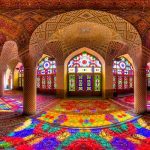 Iran’s greatest attraction could just be its people. The Iranians, a nation made up of numerous ethnic groups and influenced over thousands of years by Greek, Arab, Turkic and Mongol occupiers, are endlessly welcoming. Offers to sit down for tea will be an everyday occurrence, and if you spend any time at all with Iranians, you’ll often find yourself invited to share a meal in someone’s home. Say yes whenever you can, and through it experience first-hand, Iranian culture, ancient, sophisticated and warm. It’s these experiences that will live longest in the memory.
Iran’s greatest attraction could just be its people. The Iranians, a nation made up of numerous ethnic groups and influenced over thousands of years by Greek, Arab, Turkic and Mongol occupiers, are endlessly welcoming. Offers to sit down for tea will be an everyday occurrence, and if you spend any time at all with Iranians, you’ll often find yourself invited to share a meal in someone’s home. Say yes whenever you can, and through it experience first-hand, Iranian culture, ancient, sophisticated and warm. It’s these experiences that will live longest in the memory.
In other words, there’s about to be a brand new tourism heavyweight on the block. Iran has a huge amount to offer travelers, with highlights including ancient ruins, fabulously tiled palaces and dizzying mountain scenery, not to mention the famous hospitality – chatting over tea with people who are delighted at the prospect of welcoming a surge of visitors will undoubtedly be one of the most memorable experiences of a trip.
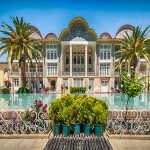 Iran ought to be one of the world’s most treasured travel destinations, blessed as it is with extraordinary historical sites, exquisite landscapes and fascinating culture.
Iran ought to be one of the world’s most treasured travel destinations, blessed as it is with extraordinary historical sites, exquisite landscapes and fascinating culture.
Persian Traditional Medicine
Iranian Traditional Medicine, also called Tebb e Sonnati is one of famous forms of traditional medicine which is grounded in the four humours concept: Phlegm (Balgham), Blood (Dam), Yellow bile (Ṣafrā’) and Black bile (Saudā’). Some traditional medicine forms are in this base. Greek and Arabic are the most famous of that. It is based on the teachings of Greek physician Hippocrates and Roman physician Galen, and developed by Rhazes, Avicenna (Ibn Sena) into an elaborate medical system.

One of the main roles played by medieval Iranian scholars in the scientific field was the conservation, consolidation, coordination and development of ideas and knowledge in ancient civilizations. Some Iranian Hakim (practitioners) such as Muhammad Ibn Zakariya ar-Razi, known to the West as Rhazes, and Ibn Sina, better known as Avicenna, were not only responsible for accumulating all the existing information on medicine of the time, but adding to this knowledge by their own astute observations, experimentation and skills. “Qanoon fel teb of Avicenna” (“The Canon”) and “Kitab al-hawi of Razi” (“Continens”) were among the central texts in Western medical education from the 13th to the 18th centuries.
In the 14th century, the Persian language medical work Tashrih al-badan (Anatomy of the body), by Mansur Ibn Ilyas (c. 1390), contained comprehensive diagrams of the body’s structural, nervous and circulatory systems. Ancient Iranian Medicine, the basic knowledge of four humors as a healing system. It was developed by Hakim Ibn Sina (known as Avicenna in the west) in his medical encyclopedia the Canon of Medicine.
In recent years, some experimental studies have indeed evaluated medieval Iranian medical remedies using modern scientific methods. These studies raised the possibility of revival of traditional treatments on the basis of evidence-based medicine.
Parsiteb Company
Parsiteb Company is based on the knowledge that has begun with the goal of producing and processing herbal and natural medicines.
Our Company is a medical company that, while accepting its social responsibility in a framework of ethical management, seeks to create a global model with the goal of producing and supplying natural and plant products for the promotion of community health.
One of the most important goals of the Parsiteb Company is to diagnose diseases and protect people against various types of diseases, using the medical consultation system and herbal medicines produced by the company. In order to meet these goals, Parsiteb will put the world’s most up-to-date and most effective herbal remedies in the near future.
Considering the importance and richness of traditional Iranian medicine, Parsiteb is planning to welcome guests from all over the world with free health counseling …
Let’s join us …
 Parsi Teb Physical and Mental Health Journal
Parsi Teb Physical and Mental Health Journal 


